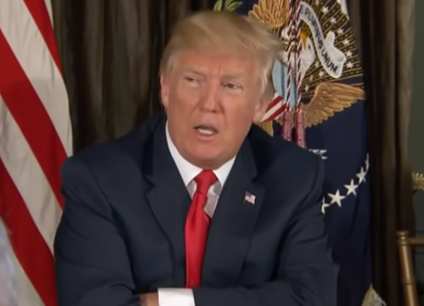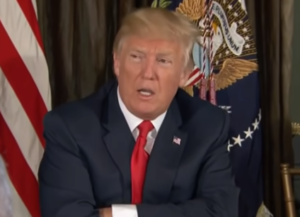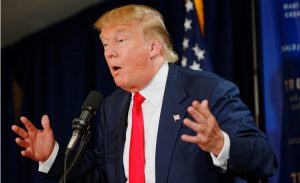
Donald Trump has been a polarizing figure in American politics since he announced his candidacy in 2015. But beyond the controversy and bombast, there is a growing consensus among scholars, political analysts, and even national security experts that Trump poses a genuine threat to democracy. From his attacks on democratic institutions to his undermining of electoral processes, Trump’s actions have raised serious concerns about the future of American governance.
Erosion of Democratic Norms
One of the primary ways Trump threatens democracy is through his consistent disregard for democratic norms. The Brookings Institution highlights that Trump’s behavior deviates significantly from the expectations of a democratic leader. He has routinely undermined the press, referring to journalists as the “enemy of the people,” a phrase reminiscent of authoritarian regimes. Free and fair press is a cornerstone of democracy, and when a leader seeks to delegitimize it, they chip away at one of the most essential checks on power.
Further, Trump has attacked the judiciary, questioning the impartiality of judges who rule against him. This undermines the independence of the judicial branch, a key pillar in maintaining a balance of power.









